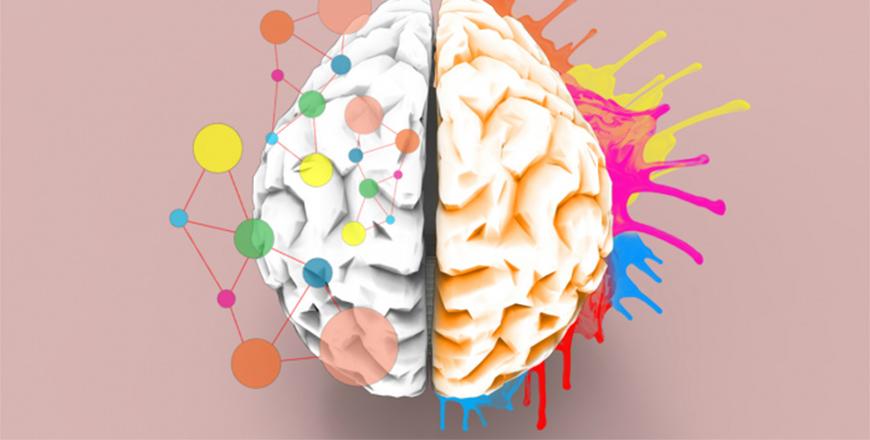- Mix
- Web-2021-04-14 | 02:58 pm

Modern brains are younger than originally thought, possibly developing as recently as 1.5 million years ago, according to a recently published study— after the earliest humans had already begun walking on two feet and had even started fanning out from Africa.
Our first ancestors from the genus Homo emerged on the continent about 2.5 million years ago with primitive ape-like brains about half the size of those seen in today’s humans.
Scientists have been trying to solve a mystery for as long as our origin story has been known: Exactly when and where did the brain evolve into something that made us human?
"People had thought that these human-like brains evolved actually at the very beginning of the genus Homo, so about 2.5 million years ago,” Paleoanthropologist Christoph Zollikofer, a co-author of the study published in the journal Science, told AFP.
Zollikofer and lead study author Marcia Ponce de Leon examined skull fossils from Africa, Georgia and the Indonesian island of Java, however, and discovered the evolution actually took place much later, between 1.7 and 1.5 million years ago.
Since brains themselves do not fossilise, the only way to observe their evolution is to study the marks they leave inside the skull.
The scientists created virtual images — known as an endocasts — of what had filled the skulls long ago.
In humans, the Broca area — part of the frontal lobe linked to speech production — is much bigger than the corresponding zone in other great apes, said Zollikofer, of the University of Zurich.
The expansion of an area results in the shifting of everything behind it. "This backward shift can be seen on the fossil endocasts, when we track imprints of the brain fissures,” Zollikofer said.
‘Surprise’
By studying skulls from Africa, the researchers were able to determine that the oldest ones — dating back more than 1.7 million years — actually had a frontal lobe characteristic of great apes.
"This first result was a big surprise,” said Zollikofer.
It signified that the genus Homo "started with bipedalism”, or walking on two legs, and that the evolution of the brain had nothing to do with the fact of already being bipedal.
"Now we know that in our long evolutionary history... the first representatives of our genus Homo were just terrestrial bipeds, with ape-like brains,” the paleoanthropologist said.
However, the youngest African fossils, dating back 1.5 million years, showed characteristics of modern human brains.
This signified that the evolution of the brain took place between the two dates, in Africa, according to the study.
The conclusion is backed up by the fact that more complex tools appeared during this same period, called Acheulean tools, which have two symmetrical faces.
"This is not random coincidence,” said Zollikofer, "because we know those brain areas that get expanded in this time period are those that are used for complex manipulative tasks like tool-making”.
Two migrations from Africa
The second surprising result of the study comes from observations of five skull fossils found in present-day Georgia, dating back between 1.8 and 1.7 million years.
The particularly well-preserved specimens proved to be primitive brains.
"People thought you need a big modern brain to disperse out of Africa,” said Zollikofer. "We can show these brains are not big, and they are not modern, and still people have been able to leave Africa.”
Meanwhile, fossils from Java, the youngest specimens in the study, showed modern brain characteristics. The researchers therefore believe that there was a second migration out of Africa.
"So, you have a spray first of primitive-brained people, then things evolve to a modern brain in Africa, and these people sprayed again,” explained Zollikofer.
"It’s not a new hypothesis... but there was no clear evidence. And now for the first time, we have real fossil evidence.”











